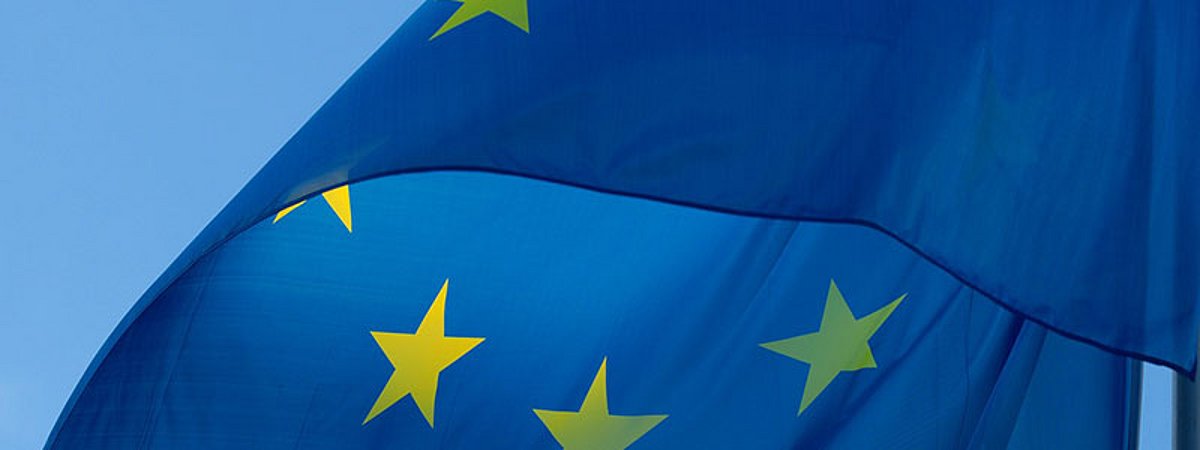ZVO welcomes revision of EU industrial emissions directive

Zentralverband Oberflächentechnik e.V. (ZVO) welcomes the amendments made by the European Parliament (EP) to the European Commission's (COM) proposal to revise the Industrial Emissions Directive (IED).
The new system envisaged by the European Commission for setting national emission limits would have entailed the most massive negative effects, up to and including the immediate closure of numerous production plants. The position adopted by the European Parliament on July 11, 2023 takes into account the great heterogeneity between companies and production processes, which are particularly evident in the surface sector. The ZVO and its member companies will also strongly advocate in the trilogue negotiations now beginning between the EP and the Council that the improvements achieved to the text are included in the final decision. Since its adoption in 2010, the IED has been the central EU regulatory framework for the licensing, operation, monitoring and decommissioning of industrial facilities in Europe. The directive is now to be updated to meet the agreed objectives of the European Green Deal. To this end, the COM presented a proposal to revise the IED in April 2022. After the member states in the Council of the EU had already defined an initial negotiating position at the end of March 2023, such a decision was now also taken by the European Parliament on July 11, 2023. This means that the informal trilogue negotiations between the co-legislators can begin. As things stand at present, the negotiations are expected to be concluded in the fall of 2023. To further reduce emissions, the COM proposal stipulated that production plants in the EU would in future have to comply with the lowest possible emission levels determined for the specific industrial sector and set out in the BAT (best available techniques) reference documents. This would mean that the competent authority of the respective member state would in future be obliged to set the lowest emission value measured in a plant in the sector for a specific category (e.g. emission of nickel or chromium or also energy consumption) as the national limit value. This completely ignored the fact that production plants, even within specific sectors, are rarely comparable, but rather specialized with regard to the scope of the end product, among other things. In particular, this would also harm those companies that have very low emission levels overall but are technically unable to comply with the lowest value in a specific category. Ultimately, therefore, the COM proposal would have acutely jeopardized the production and competitiveness of the entire European industry.
In numerous discussions with the responsible members of parliament in the EP as well as in the German Bundestag, the problems were made clear. In particular, the intensive commitment of the ZVO member companies, who approached their respective constituency MPs, made it possible to illustrate the immediate consequences in practical terms. Through this concerted action, decisive improvements to the COM proposal were achieved in the course of the procedure: Both the Council's and the European Parliament's negotiating positions now stipulate that the entire interval of so-called "best available techniques" must be taken into account when setting the respective limit values. In addition, the obligation for plant operators to provide evidence why the respective lowest value cannot be achieved is no longer provided for in principle. Since compliance is not possible in most cases due to technical circumstances, such an obligation would result in enormous additional bureaucratic work for the companies without achieving any positive effects for environmental and health protection. The only alternative would have been the withdrawal of the operating license. By introducing general binding regulations, the competent authorities in the member states can and should now take into account the heterogeneity of the companies and the specific characteristics of the uses. However, a prerequisite is feasible and technically reasonable specifications for emission and environmental performance values from the BAT conclusions that are currently being drawn up. Here, the ZVO still sees a great and urgent need for improvement. It is now important that the relevant amendments to the relevant Article 15 are retained in the trilogue negotiations and that this is also observed in the course of the subsequent implementation of the EU Directive into German law. The ZVO still sees possibilities for improvement and thus for increasing effectiveness. In the coming months, the ZVO will continue to work to ensure that the revision of the IED pays attention to the heterogeneity of production processes and that member companies are not overburdened by new bureaucratic and financial requirements.
